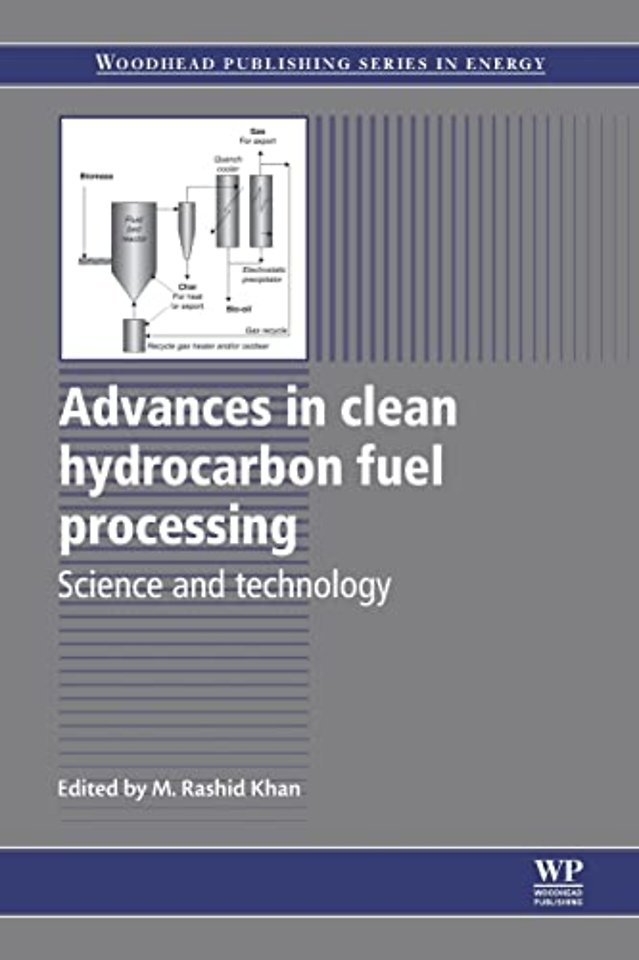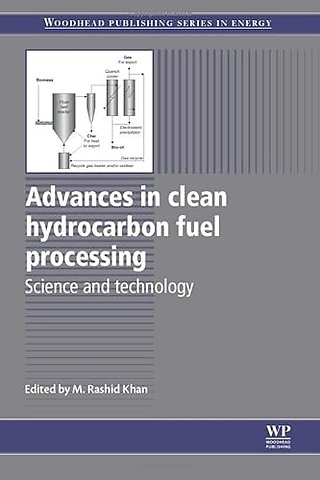Advances in Clean Hydrocarbon Fuel Processing
Science and Technology
Samenvatting
Conventional coal, oil and gas resources used worldwide for power production and transportation are limited and unsustainable. Research and development into clean, alternative hydrocarbon fuels is therefore aimed at improving fuel security through exploring new feedstock conversion techniques, improving production efficiency and reducing environmental impacts.
Advances in clean hydrocarbon fuel processing provides a comprehensive and systematic reference on the range of alternative conversion processes and technologies.
Following introductory overviews of the feedstocks, environmental issues and life cycle assessment for alternative hydrocarbon fuel processing, sections go on to review solid, liquid and gaseous fuel conversion. Solid fuel coverage includes reviews of liquefaction, gasification, pyrolysis and biomass catalysis. Liquid fuel coverage includes reviews of sulfur removal, partial oxidation and hydroconversion. Gaseous fuel coverage includes reviews of Fischer-Tropsch synthesis, methanol and dimethyl ether production, water-gas shift technology and natural gas hydrate conversion. The final section examines environmental degradation issues in fuel processing plants as well as automation, advanced process control and process modelling techniques for plant optimisation
Written by an international team of expert contributors, Advances in clean hydrocarbon fuel processing provides a valuable reference for fuel processing engineers, industrial petrochemists and energy professionals, as well as for researchers and academics in this field.

